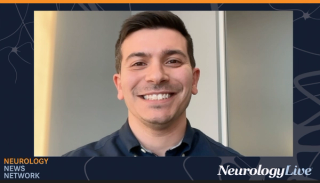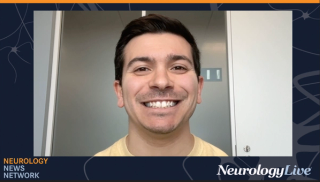
Dementia and Alzheimer Disease
Latest News
Video Series

Latest Videos
Shorts
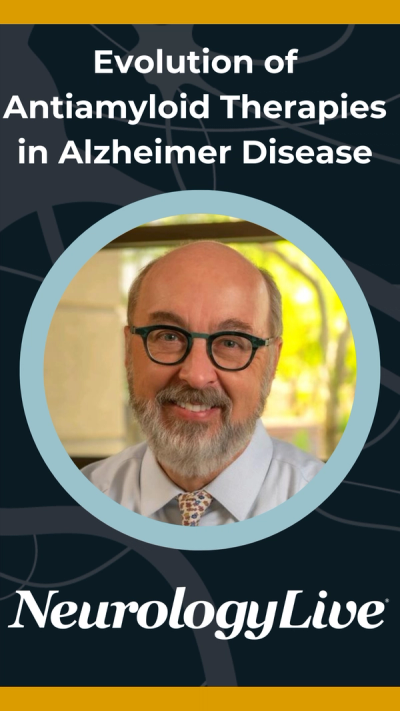


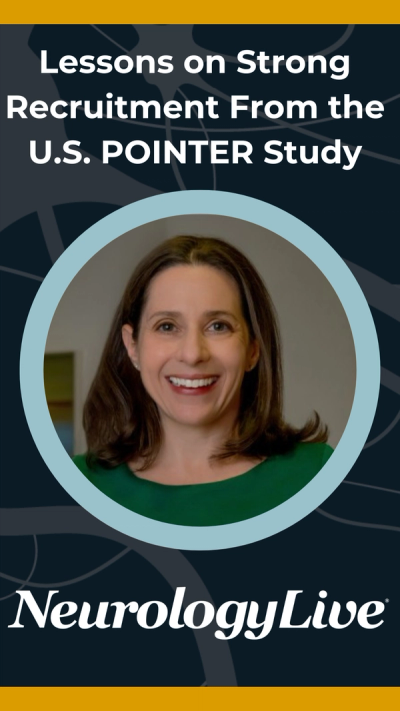
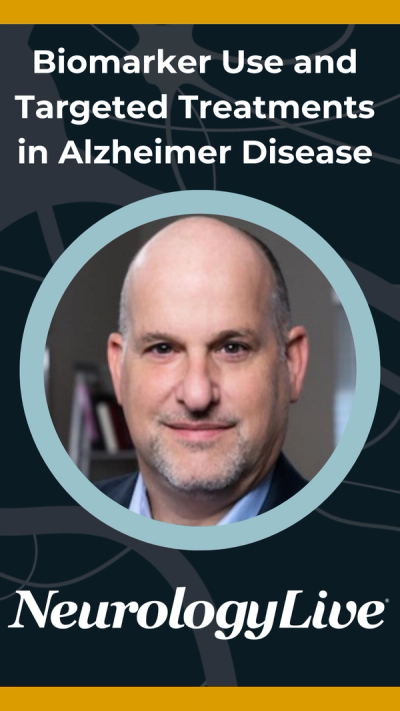
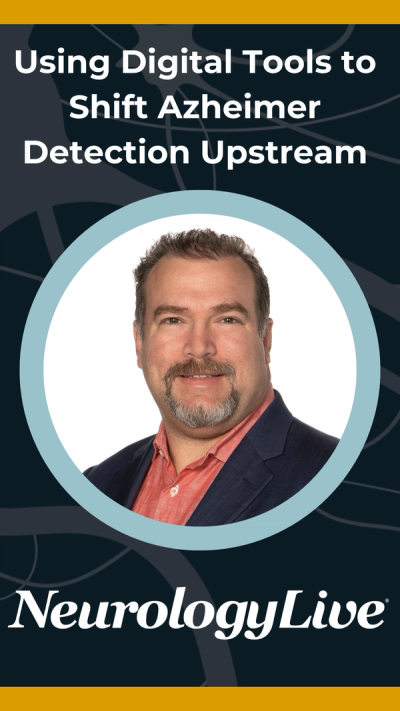
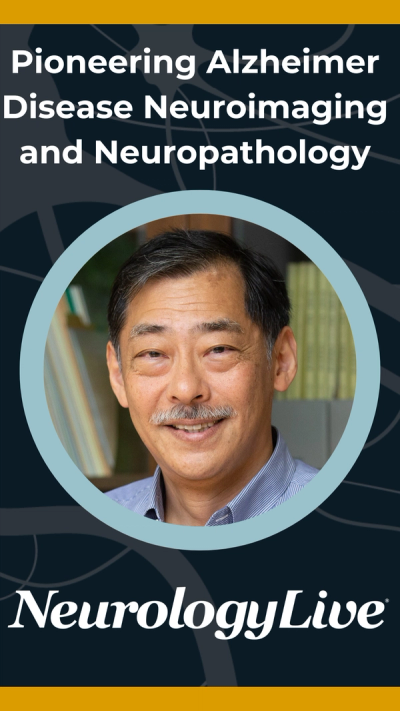
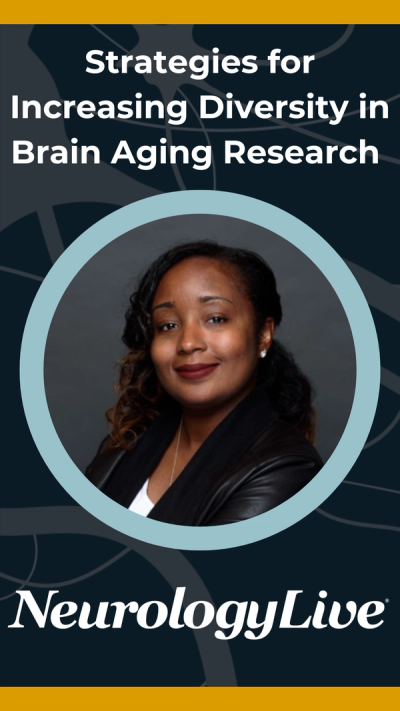
Podcasts
CME Content
More News

The senior director of the Fluid Biomarker Program at Banner Health highlighted the evolving role of blood and fluid biomarkers in Alzheimer disease research and clinical practice.

A review of clinical trial and real-world data found no evidence that oral anticoagulants increase brain imaging abnormalities in patients treated with lecanemab or donanemab for early Alzheimer disease.
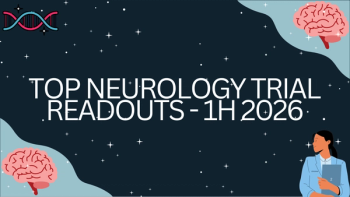
Review upcoming clinical trials with data readouts expected in the first half of 2026, providing updates relevant to ongoing research and clinical practice in neurology.

In a pilot study, liraglutide, a drug used for diabetes and weight-loss, significantly reduced headache days in patients with obesity and chronic or high-frequency migraine, suggesting a potential new preventive therapy.
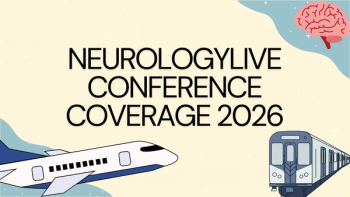
Follow NeurologyLive's conference journey in 2026, highlighting advancements in diagnostics, treatments, and multidisciplinary care across multiple neurological conditions.

The assistant professor at the University of Southern California discussed how intentional, community-centered recruitment strategies can improve diversity, trust, and retention in neurodegenerative studies. [WATCH TIME: 6 minutes]
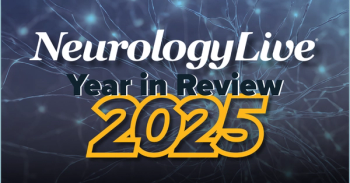
As part of NeurologyLive®'s Year in Review, take a look at some of the top ongoing clinical trials in Alzheimer disease and dementia that may impact care.

Explore anticipated FDA decisions on groundbreaking neurology drugs in 2026, shaping treatment options for various neurologic conditions.

These were the most impactful FDA approval stories that were part of our coverage in 2025, brought to you as part of NeurologyLive's Year in Review.

Here's some of what is coming soon to NeurologyLive® this week.
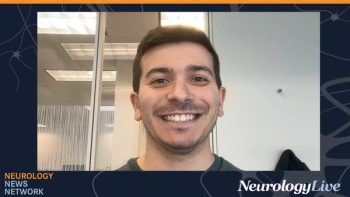
Neurology News Network for the week ending December 27, 2025. [WATCH TIME: 4 minutes]

A look back at clinician-led features from 2025 that examine the questions, data, and decisions shaping neurologic care.

Explore the transformative buzzwords in neurology for 2025, highlighting advancements in AI, gene therapy, personalized treatment, and neuroplasticity.

Here's some of what is coming soon to NeurologyLive® this week.

GLP-1 research in neurology is on the rise, with several pivotal studies lending insights into their role.

The director of the Banner Sun Health Research Institute discussed a variety of meaningful Alzheimer disease research presented at the 2024 Clinical Trials on Alzheimer's Disease Conference (CTAD).

Neal K. Shah talked about how social robots could support emotional well-being in patients with neurologic conditions by reducing loneliness and promoting engagement in health-related activities.

The professor of translational dementia research at Newcastle University talked about late-breaking data presented at CTAD 2025 on neflamapimod in the phase 2b RewinD-LB trial. [WATCH TIME: 5 minutes]

Here's some of what is coming soon to NeurologyLive® this week.

Take 5 minutes to catch up on NeurologyLive®'s highlights from the week ending December 12, 2025.

Catch up on any of the neurology news headlines you may have missed in November 2025, compiled into 1 place by the NeurologyLive® team.

Here's some of what is coming soon to NeurologyLive® this week.

Take 5 minutes to catch up on NeurologyLive®'s highlights from the week ending December 5, 2025.

Merck's MK-2214 shows promise in early Alzheimer’s trials, earning FDA fast-track status for its safety and potential efficacy in slowing disease progression.
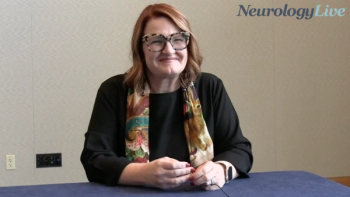
The vice president of U.S. medical affairs and global at Eli Lilly and Company discussed how a subgroup of patients treated with donanemab maintained cognitive benefit for 2 years. [WATCH TIME: 5 minutes]















